Red Barn
Bentonville | Arkansas
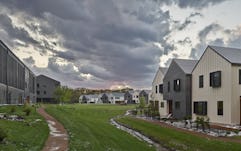
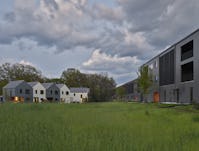
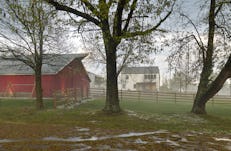
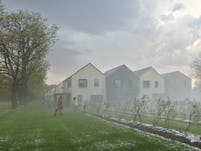
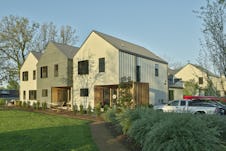
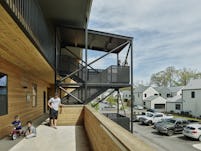
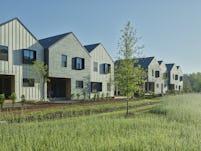
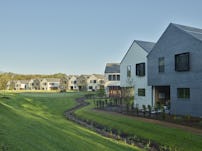
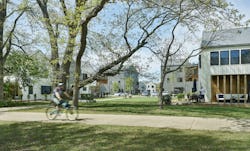
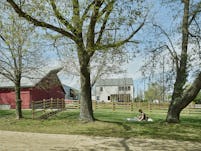
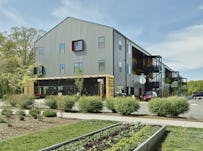
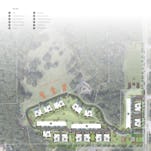
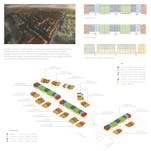
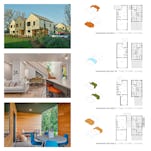
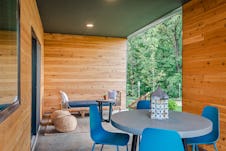
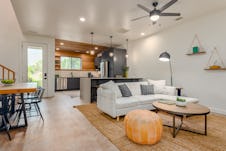
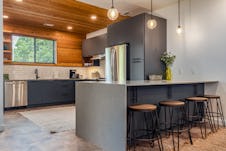
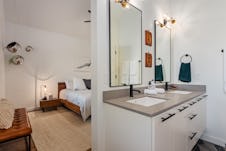
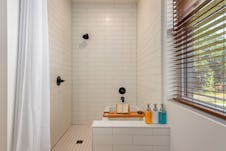
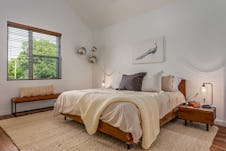

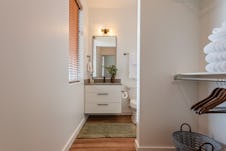
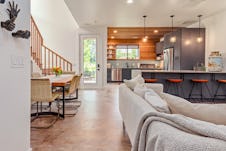
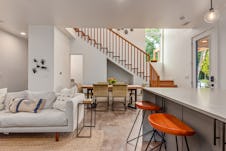
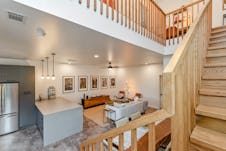
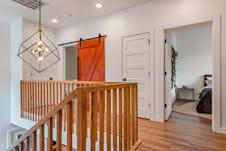
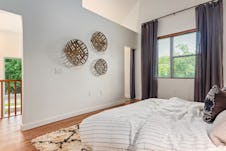
Red Barn is a new urban agriculture neighborhood in Bentonville, Arkansas. It serves as a contextually-sensitive development that positively impacts the character of the surrounding community and provides a new, high-quality place to live, work, and play. Bentonville is rapidly expanding. One effect often seen with rapid expansion is sprawl. Sprawl puts a strain on municipal infrastructure, hinders watersheds, and destroys valuable farmland – this is especially problematic in an area like Northwest Arkansas where farming and agriculture is deeply ingrained in our DNA and intrinsic to the place. In direct opposition to this harmful type of expansion, it was proposed to develop this beautiful heritage property using following ideals: conservation planning principles, preserving state-significant soils while retaining and enhancing heritage fields, leveraging agriculture as a community-building amenity, continuing the city’s dedication to trail connectivity, and living the “Arkansas lifestyle.”
This project provides young professionals, growing families, and older couples a unique opportunity to live in close proximity to downtown Bentonville, but also a unique “ozark living” experience -- a neighborhood nestled in a pristine bucolic context. Neighborhood diversity is maximized by providing a variety of housing types. This first phase of the project includes townhouses clustered around various sizes of green space, and flats over tuck-under parking. Vernacular agricultural forms are singular in nature, simple in material palette, and timeless. The expression of the flats reflects the calmness of the native agricultural forms on the site. Metal panel facades are drawn from barns, chicken houses, and sheds seen locally. This industrial material is juxtaposed by wood screens and large screen porches. Parking is both garage and surface parking clusters along the “allee” space between the flats and townhouses. The townhouses, both in massing and material, draw from traditional town form. White board and batten, cedar, and warm gray brick take traditional local materials in a modern direction. While the flats connect to the site through large screened porches that look onto the forests and fields, the townhouses connect at the ground, through neighborhood lawns and community spaces. In addition to the agricultural amenities, the forested area in the ravine is programmed with tree houses and campsites. Future phases will include low-density single-family residential and an additional, smaller agricultural common.
| Typology | Multifamily | Agrihood |
| location | Bentonville, Arkansas |
| completed | 2019 |
| Exterior photography | Timothy Hursley |
| interior photography | Mallory Jeffers |
Awards
- 2021 AIA Arkansas Honor Award